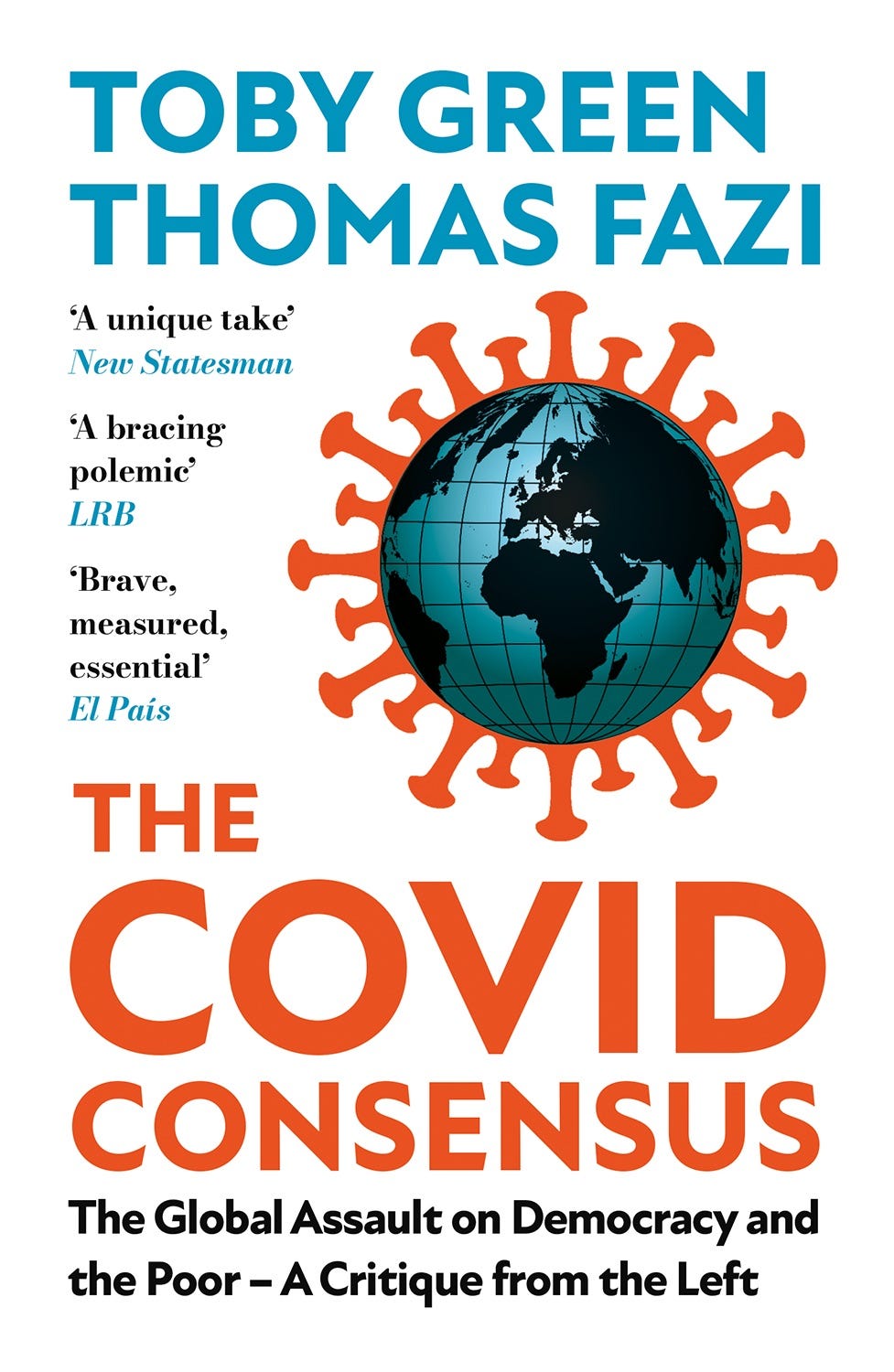The Economist says we must prepare for a forever war in Ukraine
And Europe will have to carry the burden
The latest edition of The Economist outlines the magazine’s vision for the next phase of the Ukraine war. Given the magazine’s role as the unofficial voice of the transatlantic liberal-interventionist establishment, we would do well to pay attention.
The Economist starts out by finally acknowledging that the counteroffensive — which it has been hyping for months — has been a catastrophic failure: “Ukraine has liberated less than 0.25% of the territory that Russia occupied in June. The 1,000km front line has barely shifted”. It’s shocking to think this is what tens of thousands of Ukrainians died for ― potentially upwards of 40,000, according to estimates from the BBC, based on comparing pre-counteroffensive leaked estimates from the Pentagon and recent estimates of US officials. And what’s worse, this was entirely predictable ― and indeed had been predicted. However, The Economist immediately goes on to say that:
Asking for a ceasefire or peace talks is pointless. Vladimir Putin shows no sign of wanting to negotiate and, even if he did, could not be trusted to stick to a deal. ... [A]ny ceasefire would simply be a pause to re-arm and get ready to attack again. If Ukrainians stop fighting, they could lose their country.
That’s a questionable assertion ― Russia claim that it is Ukraine and the West who are unwilling to negotiate; moreover, there is ample evidence pointing to the fact that Putin made several attempts to reach a diplomatic solution in the months and weeks leading up to the war, only to be dismissed by the West, and that Russia, in the weeks following the invasion, engaged in several diplomatic initiatives that were systematically sabotaged by the West. As for using the ceasefire as a ploy to re-arm, well that’s exactly what Ukraine and Western leaders have admitted to have used the Minsk agreements to do — so this seems more like a case of projection.
But it is true that reaching an agreement now is harder. That’s because the derailment of peace talks in the early days in the war has allowed Russia to gain a tactical advantage which now makes a negotiated settlement much more difficult to achieve. But that’s no excuse for the West to not even consider sitting down at the negotiating table, of course.
So if there is no realistic basis to believe that Ukraine has the capacity to attain its stated strategic objective of reclaiming all (or any, at this point) Russian-controlled territories, as even The Economist admits, but peace (or even a ceasefire) is not an option — then what options are left? The Economist’s answer should send a chill down every European’s spine:
Both Ukraine and its Western supporters are coming to realise that this will be a grinding war of attrition. ... Both [Ukraine and its Western backers) are still fixated on the counter-offensive. They need to rethink Ukraine’s military strategy and how its economy is run. Instead of aiming to “win” and then rebuild, the goal should be to ensure that Ukraine has the staying power to wage a long war — and can thrive despite it.
In other words, a forever war of attrition that will do little to change the current boundaries. This means shifting from actual battleground operations aimed at taking back territory to increasingly brazen attacks on Russia or Russian-controlled territories, especially Crimea, which have a high symbolic value, but have a marginal effect on the military balance of power. The recent drone attacks on Crimea and Black Sea targets are a good example.
Meanwhile, the magazine says, Ukraine has to ramp up its defences: more missile systems, more missile-defence systems, more F-16, etc. The fact that this means that the Western military-industrial complex will keep raking in massive profits is surely just a fortunate coincidence.
Finally — and this is probably the scariest part — The Economistwarns that if American military assistance starts to wane (following a Trump victory, for example), then Europe must be ready “to step up further”:
Europe will eventually need to carry more of the burden. That means beefing up its defence industry and reforming the EU’s decision-making so it can handle more members.
There you have the brave new future envisioned by The Economist for Ukraine and Europe as a whole: a country, and a continent, slowly torn apart by a forever war against Russia, and kept at bay by the looming shadow of nuclear conflict. Is this the world we want to live in?
If you enjoy my writing, please consider upgrading to a paid subscription. Putting out high-quality journalism requires constant research, most of which goes unpaid. Plus, you’ll also get access to my newsletter with the top reads of the week and other exclusive stuff.
Best regards,
Thomas Fazi
Website: thomasfazi.net
Twitter: @battleforeurope
Facebook: https://www.facebook.com/thomasfazi
Latest book: The Covid Consensus: The Global Assault on Democracy and the Poor—A Critique from the Left (co-authored with Toby Green)






Geen opmerkingen:
Een reactie posten